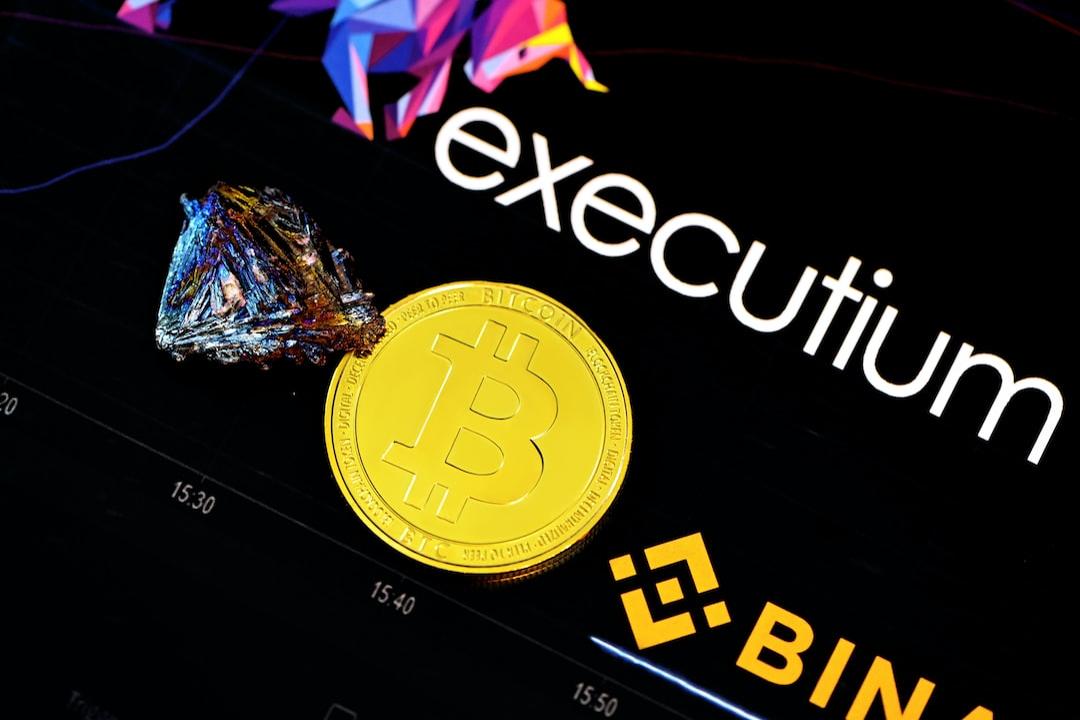The U.S. Securities and Exchange Commission (SEC) has taken legal action against Consensys, the parent company of MetaMask, by filing a lawsuit. The complaint, filed on June 28, alleges that Consensys has been functioning as an unregistered broker and engaging in the unregistered sale of securities through MetaMask Swaps since 2020.
The SEC claims that Consensys has amassed over $250 million in fees by facilitating crypto asset transactions and providing staking services without the necessary registration, leaving investors without vital protections. The SEC is seeking a permanent injunction, civil penalties, and other appropriate relief against Consensys for these purported breaches of federal securities laws.
Furthermore, the SEC contends that by enabling investments in Lido and Rocket Pool’s staking programs, Consensys has acted as an intermediary in unregistered transactions, failing to provide investors with essential protections.
In response, Consensys initiated legal action against the SEC in April after receiving a Wells notice from the agency, contesting any potential efforts to categorize Ether (ETH) and related staking services as securities. The company expressed its anticipation of the agency’s investigation and stated that the SEC lacks the authority to regulate software interfaces like MetaMask. Consensys affirmed its dedication to pursuing the case in Texas to obtain a ruling on these matters.
The SEC’s complaint characterizes staking programs offered by Lido and Rocket Pool as investment contracts, asserting that participants in staking programs are pooling Ether in a common venture with an expectation of profits. Neither Lido nor Rocket Pool has filed a registration statement with the SEC.
The SEC argues that Consensys, by facilitating these staking programs through MetaMask, has acted as an unregistered broker and underwriter. Furthermore, the SEC has previously taken legal action against staking service providers, such as Kraken crypto exchange, which settled with the SEC for $30 million in February and ceased its staking services for U.S. clients as a result of a lawsuit. Coinbase is another company under scrutiny by the SEC regarding staking as a security, with the exchange disputing the agency’s claims in court.
Staking involves locking cryptocurrencies in a digital wallet to support the security and operations of a blockchain network. Validators verify transactions and create new blocks based on their staked amount, earning rewards in return which provide stakers with passive income. The approval of Ether ETFs indicates that the SEC still views staking as a security.

